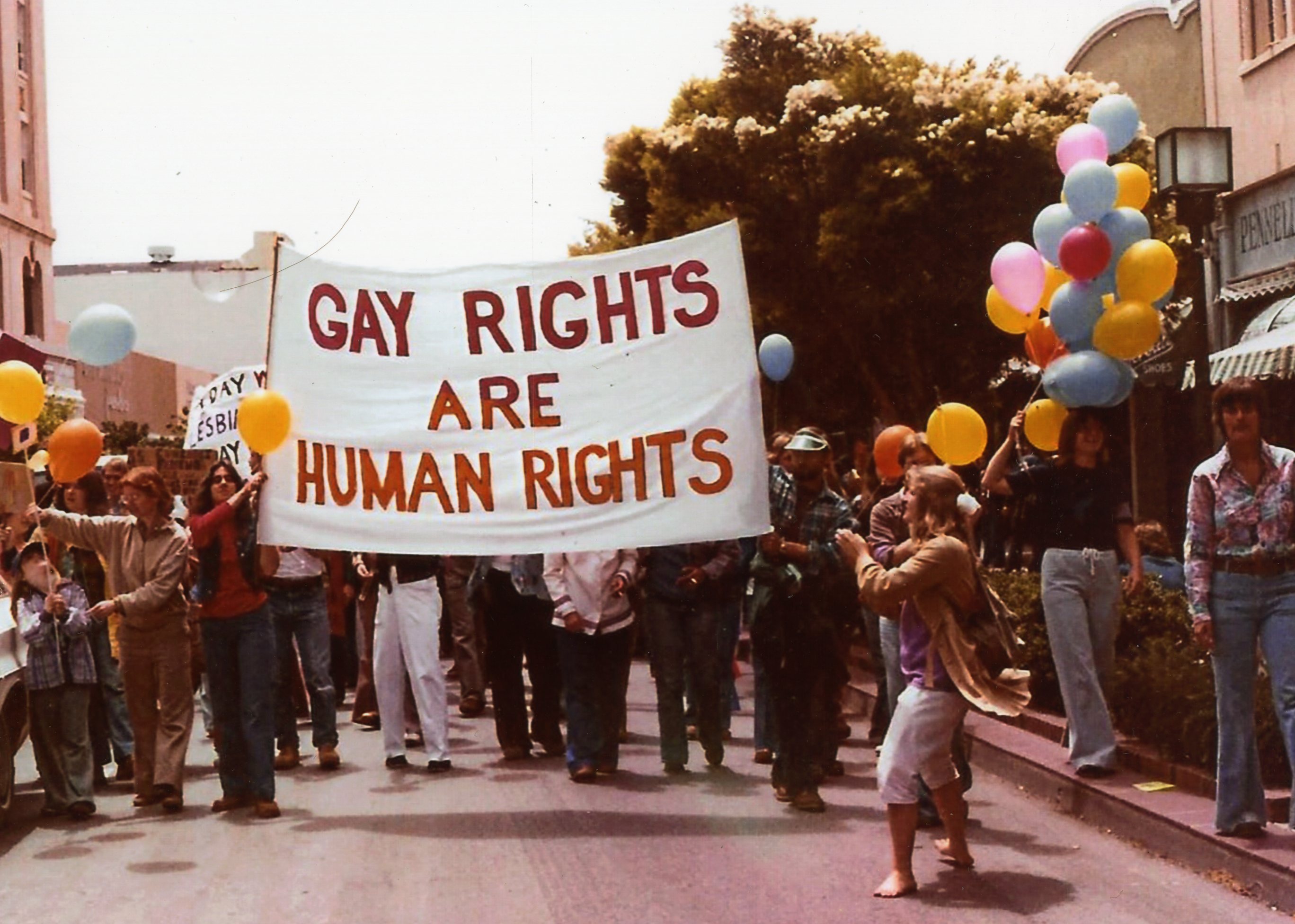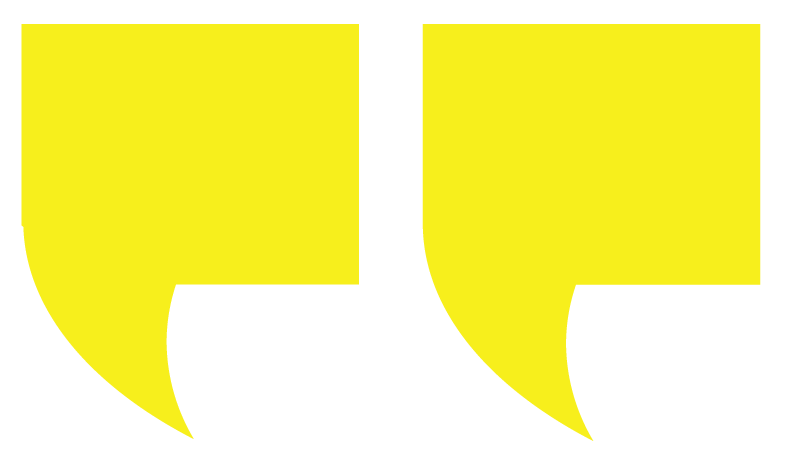



Santa Cruz County is fortunate to have had so many strong LGBTQ+ leaders. These trailblazers courageously created needed community spaces, like the Diversity Center and other wonderful groups. Santa Cruz County is more accepting than many places in the world because of the leadership, organizing and advocacy of our LGBTQ+ elders. It is important to preserve these archives so we can remember our history to learn from it and honor our trailblazers.
Sharon Papo, Executive Director, the Diversity Center of Santa Cruz County
Community develops over time with people who have common interests, ideas or identification. Within this county, there are diverse communities – both small and large. One of the larger communities in Santa Cruz County is the LGBTQ+ community.
The LGBTQ+ community in the U.S. stayed hidden until the New York Stonewall Riots in 1969. In the 1950s and 1960s, laws, and the great majority of the general public were aligned against LGBTQ+ people. They were “in the closet.”
The 1960s and 1970s were a time of great societal upheaval. People got together to promote and practice political and social change through the civil rights movement, the movement against the Vietnam War, the counterculture/hippie movement, the movement for farm workers’ rights, “women’s liberation, ”and the movement for environmental protections. Against this backdrop, the initial seeds and organizing for the gay rights movement formed.
Once the gay rights movement started, laws, institutions, and public attitudes towards LGBTQ+ people slowly started to change. In Santa Cruz, LGBTQ+ people started finding each other and supportive allies. The LGBTQ+ community in Santa Cruz publicly came out in 1975 with its first Gay Pride event. They continue to advocate for rights and support each other.
The LGBTQ+ community’s story is part of a larger, shared Santa Cruz County history. It is a history that must be preserved. In 2013 the Diversity Center created the LGBTQ Trailblazers History Project to honor the people and organizations that created this community. They pushed for changes in law and practice, facing many obstacles along the way. In 2016, the Diversity Center collaborated with the MAH to protect and catalog documents from local LGBTQ history in its archives, and to videotape interviews with community trailblazers. This exhibition includes some of the MAH’s LGBTQ archives and the oral history interviews.

The Dolkas-Mertz Award from the History Forum helped fund this project.
The MAH/Diversity Center Archives is on the Online Archives of California (OAC).
